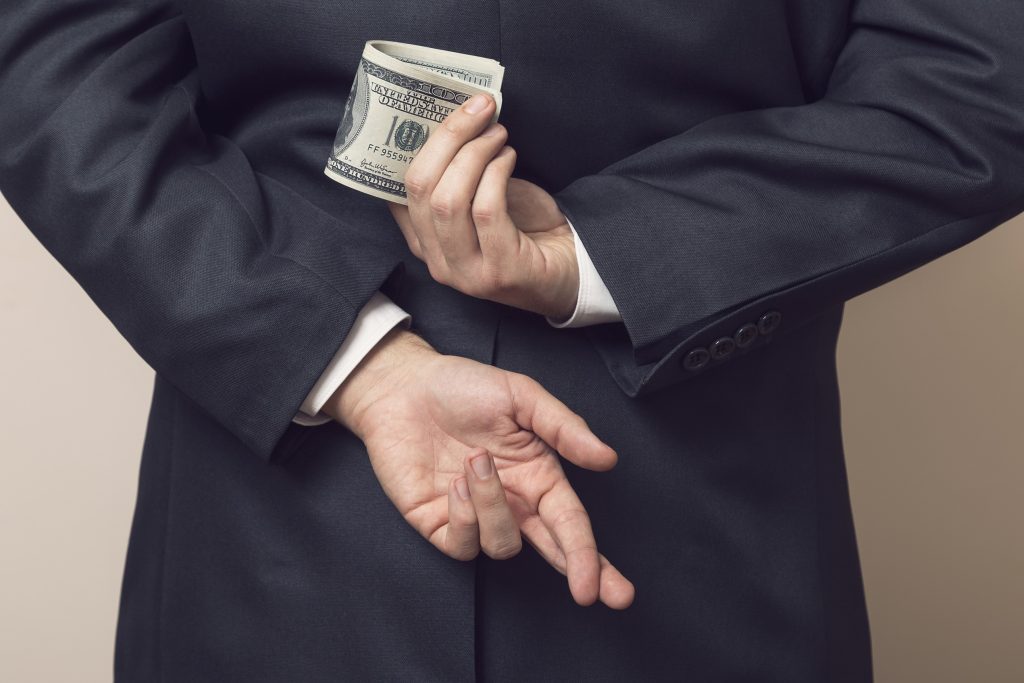Recently, the multinational pharmaceutical megacorp Johnson and Johnson was forced to pay over half a billion dollars for its role in the opioid crisis. Among the evidence was the fact Johnson and Johnson misled doctors and consumers by stating its opioid-based drugs were not addictive, which exacerbated the crisis significantly. This is a great example of deceptive trade practice, and will surely influence future legislation. In this article, we’ll touch on the types of deceptive trade so you can spot it in the future.
- Misrepresenting a Service or Product – This type of deceptive trade is why Johnson and Johnson got in so much trouble. Allegedly, they marketed their products insisting there were no addictive properties in order to sell more products. Of course, we now understand that opiates are highly addictive, and need to be taken only when necessary. The Volkswagon “DieselGate” scandal another example of this, though their efforts were admittedly quite clever.
- Misleading Pricing – This is a tricky offense to regulate. Often, companies will claim one price in all of their marketing but will have a completely different price once you are ready to buy. Planet Fitness is an excellent example—they often claim anywhere from $1 to $10 to sign up, but do not actually allow you to sign up for so low a price. This is legal, but more extreme instances may be a breach of the DTPA,
- Fake Guarantees or Endorsements – Claiming that a product has been endorsed by Beto O’Rourke when it hasn’t been is not legal. Likewise, claiming a money-back guarantee then not giving money back is also not legal. If you experience anything like this, call us to put a case together for you.
Quiñonez Law Firm Will Protect You
If you feel that a company used any of these practices, or unlawfully took advantage of you, we can help. We have years of experience in the field and can give you the best chance of success. Contact us today so we can fight for you!
